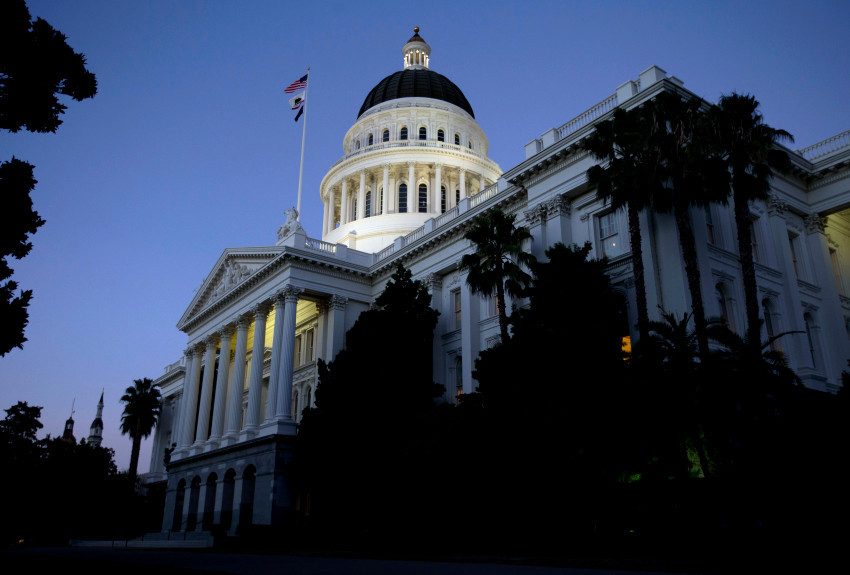
Over the last decade, as Democrats solidified their dominance of the state Capitol, they have repeatedly attempted to change how private businesses operate in California
Those efforts have taken many specific forms, including mandates on employee benefits, making it easier for unions to organize workers, and regulating — or even prohibiting — products and services offered to customers.
All such efforts were aimed, their legislative and interest group sponsors said, at expanding equity and accountability for the benefit of workers and consumers.
Whatever their motives, as those efforts proliferate, the affected businesses have done what they could to block or at least modify what was happening. Nevertheless, those seeking more governmental regulation of business practices have scored some major victories and in response, affected businesses have increasingly used referenda to erase new laws or initiatives to repeal or modify them.
Those countermeasures have a mixed record of success, to wit:
— In 2014, the Legislature passed and then-Gov. Jerry Brown signed legislation to ban single-use plastic bags for groceries or other consumer goods. An industry referendum to block the new law failed in 2016.
— In 2018, the Legislature eliminated cash bail for criminal defendants. Two years later, the bail bond industry persuaded voters to reject the law.
— In 2019, legislators passed a sweeping law that reduced the ability of businesses to use freelance workers under contract. Rideshare and delivery companies such as Uber and Lyft placed a measure on the 2020 ballot to exempt themselves from the new law. Voters passed it, but it’s since been challenged in court.
— In 2020 the Legislature prohibited the sale of flavored tobacco products, saying they encourage young people to smoke. However, the tobacco industry’s referendum to block the ban was rejected by voters this year.
Corporate use of the ballot to thwart the Capitol’s Democrats is likely to continue.
The fast food industry has submitted signatures for a referendum to overturn the creation of a new agency, dominated by unions and union-friendly appointees, that would set wages and working conditions for fast food employees. If it qualifies, the law would be suspended until voters decide the issue in 2024.
The oil industry is gathering signatures for a referendum to overturn a newly enacted law that would ban new oil wells within 3,200 feet of schools and other public facilities. If it qualifies, it also would go on the 2024 ballot.
Another oil industry referendum is likely if the Legislature passes Newsom’s proposal to impose limits on its profits from gasoline sales and impose financial penalties for exceeding them.
Newsom’s original proposal was an excess profits tax, which would not have been subject to referendum because the state constitution declares that tax measures cannot be challenged via referendum.
Related Articles
Gavin Newsom can play pivotal role in California’s 2024 Senate race
Chapman University’s economic forecast shows bleak future
Elon Musk reveals the truth about left-wing, Big Tech censorship: Larry Elder
Orange County’s GOP House reps out-of-touch on marriage rights
The Los Angeles City Council looks like a corrupt racket
However, non-tax laws, unless passed with two-thirds margins as “urgency measures,” are subject to referendum. If Newsom’s limit/penalty law is enacted next year as a non-urgency measure, the industry would have a 90-day window in which to qualify a referendum. The law would be suspended until voters had the final word.
The proliferation of business-sponsored ballot measures to overturn what legislators and the governor decree has angered groups, such as unions and environmental and consumer rights organizations, that support more oversight of business practices. They are pressing the Legislature to make the qualification of ballot measures more difficult.
However, Newsom and his predecessor, Jerry Brown, have opposed such changes for the simple reason that governors sometimes turn to the ballot themselves to enact laws that the Legislature is unwilling to pass.
CalMatters is a public interest journalism venture committed to explaining how California’s state Capitol works and why it matters. For more stories by Dan Walters, go to Commentary.
